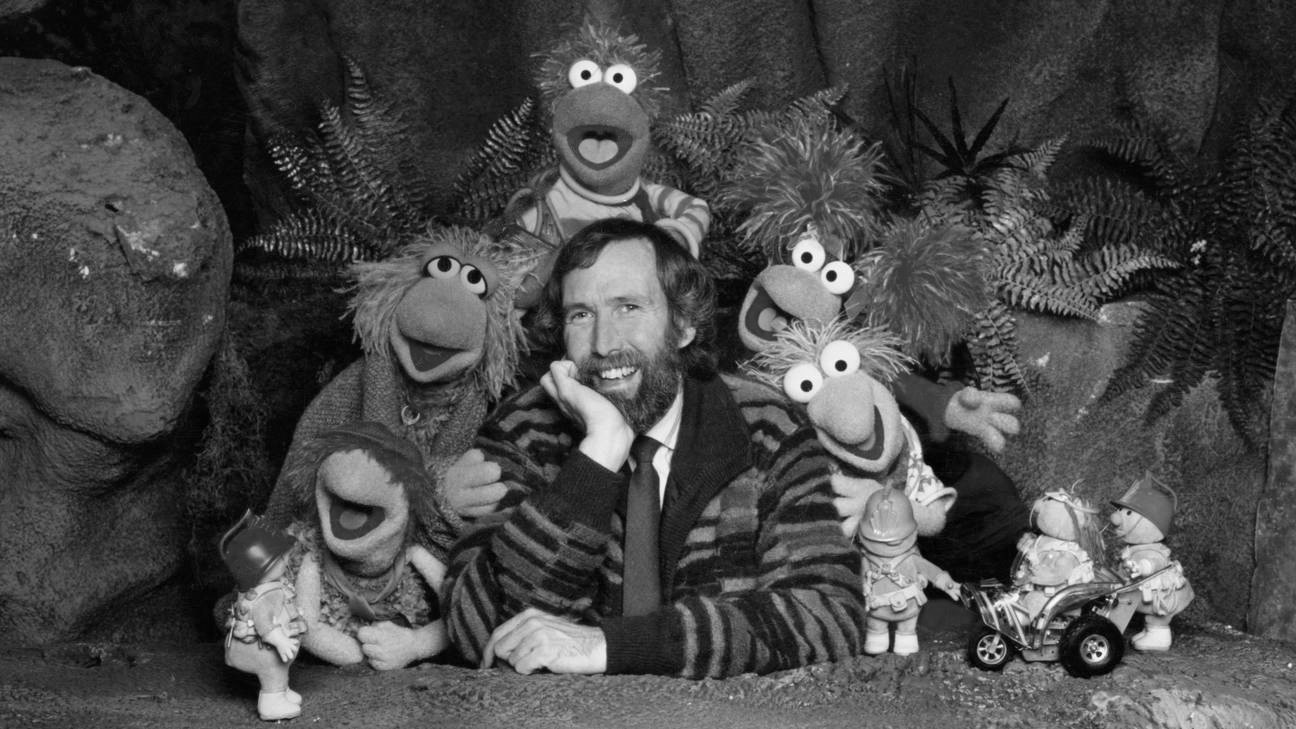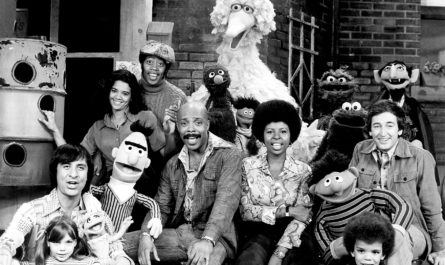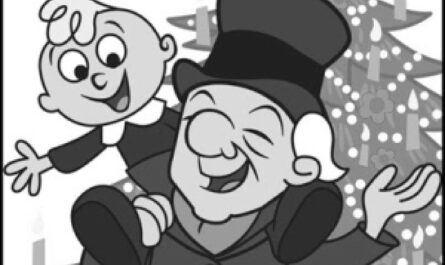FRAGGLE ROCK: Premiered January 10, 1983
Few people would so so audacious as to walk into a creative meeting with a pitch of, “Let’s make a show that will change the world.” Jim Henson was one of those people. Soon after The Muppet Show had ended its five-year run, Henson and his team were looking for new projects to tackle. Would it be a new show? Would it be a movie? Live theater? Never one to skimp on the grandiosity of an idea, Jim settled on “world peace”. When he pitched the idea to his creative team, nobody balked at the size and scope of the task. Coming from anyone else, that charge would have met with laughter and ridicule. Coming from Jim, they merely breathed deep and got down to work. This was Jim Henson, after all, and if anyone could create such a show, he was the likely candidate. By January 1983, they released Fraggle Rock worldwide on HBO. It was an instant success. I was probably too old to be in Fraggle Rock’s key demographic. I was a few weeks from being a teenager when it was released, which probably explains why I don’t remember ever discussing Fraggle Rock with anyone as a teenager. I remember waking early (it was broadcast at 6:30am) to watch it before church on Sundays. I remember buying Fraggle Rock toys for my young cousins. I remember writing books for them at Christmas with Fraggle Rock characters in them. It may have just been the lack of access to Muppets, but this show designed for pre-schoolers became a favorite of mine.
The idea of changing the world, for Jim Henson, was simple. You merely needed to change the way children thought. If you could enlighten the children, eventually time, future generations, and natural human attrition (death) would take care of the rest. But finding the kind of lesson that might change the world is a more complex story. Advocating any specific political agenda would be counter-intuitive; the world is already filled with people at odds over contrary political agendas. Advocating a religion would be similarly foolish. Instead, the show needed to be focused on the simplest of themes which could have the most impact. And it had to be recognizable by all people, all over the world. And so they created Fraggle Rock.
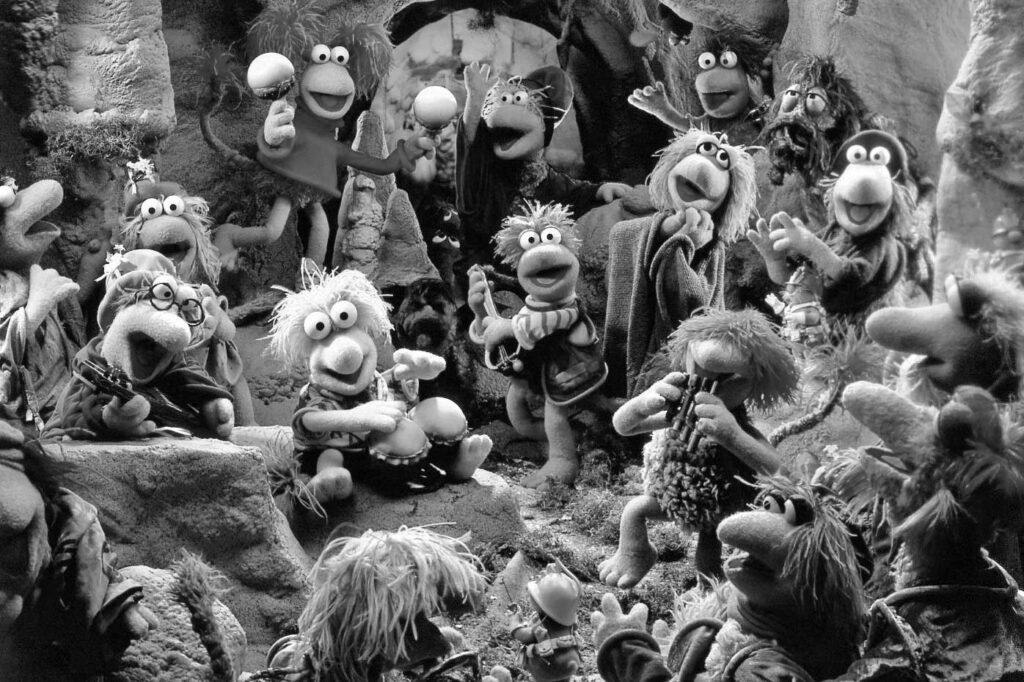
Fraggle Rock was a multiverse. The primary universe was Fraggle Rock, an underground world or mystery and exploration and wonder, underneath the earth’s crust. Beneath that universe was the universe of the Doozers, a workman’s ecosystem that built and provided without wanting, needing, or expecting gratitude. They built because they had been put in the world to build, and that’s what they did. Two alternate universes exist above Fraggle Rock: the Gorg kingdom and planet earth, which they refer to as “outer space” where “the silly creatures” live. The Gorg kingdom is crumbling and filled with decay. The kingdom is ruled by the king, his queen, and their young child. The Gorgs represented the end of society and culture. The only wisdom to be found in the Gorg universe was from Marjorie, their enormous trash heap. In their attempts to build themselves into a dominant force on the planet, the Gorgs isolated themselves until they had nothing. Even wisdom and meaning had been discarded, and could only be found in the pile of things left over from a once-promising kingdom. The Gorgs refused to share, even with the tiny Fraggles, and seemed to lack any compassion or attempts at understanding. Their universe was the warning sign on the road ahead.
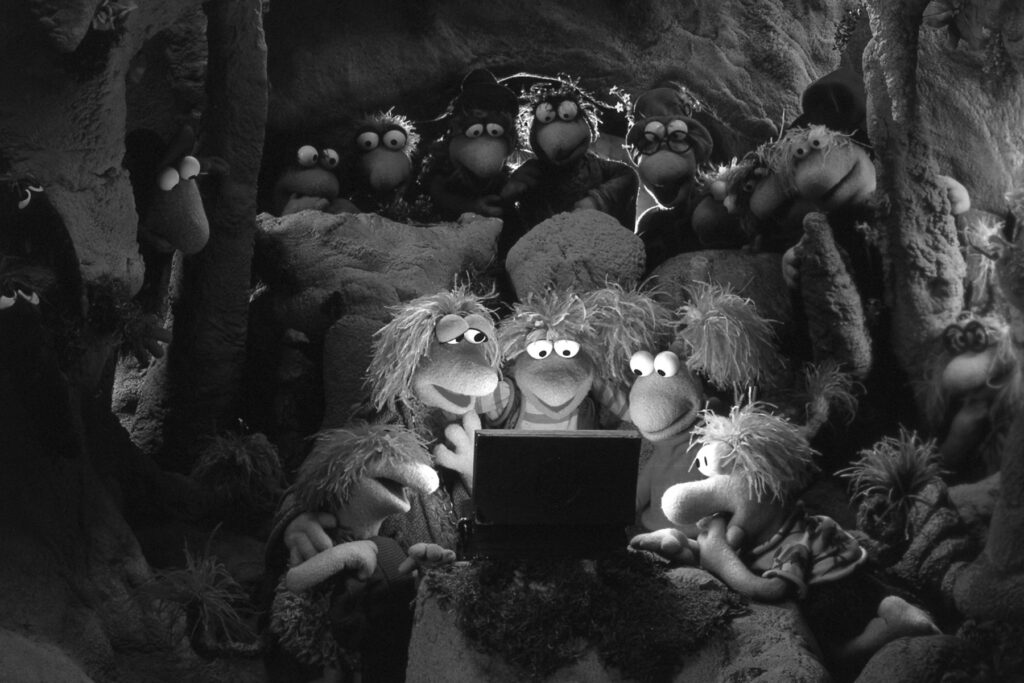
The “silly creatures” on the other hand, allowed the Fraggles to interact with the contemporary, human world. The Fraggles could enter “outer space” through a hole at the top of the Fraggle universe. Depending on which country the show was being aired, the house they would enter would look different, tailored to be recognizable to each region. The humans spoke the language of the region, and the set designs were archetypal and familiar. Fraggles would look out and marvel over the amazing things in outer space. They would write letters back home to describe them. Our world was not just a mystery, but a magical place, not to be taken for granted. Opportunities and excitement were everywhere, if we could only pay attention. Which we usually didn’t; hence, the nickname “silly creatures”.
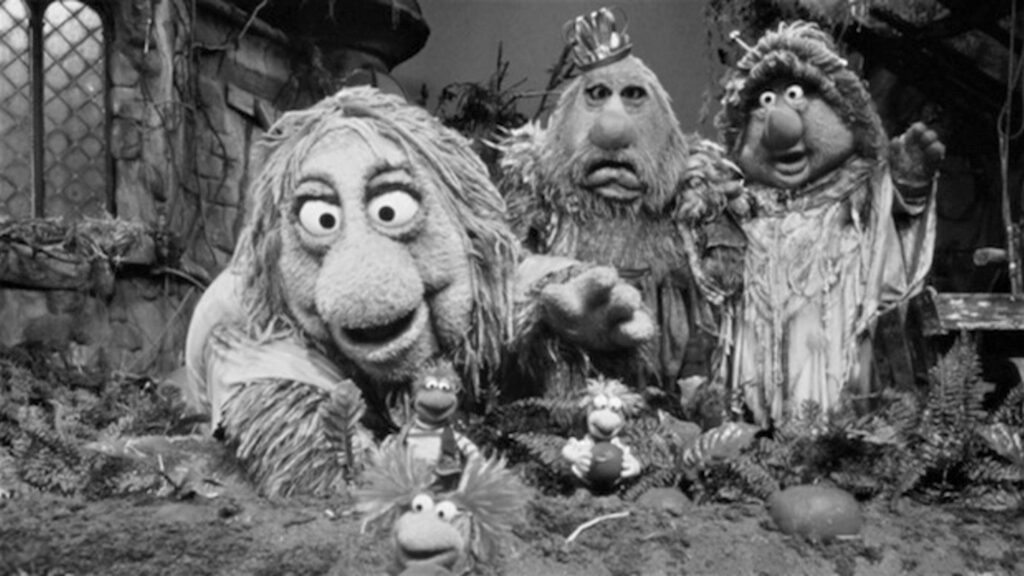
If there was a message in Fraggle Rock that permeated every episode it was “live together in harmony”. It’s a simple message, but not one that can be argued against easily. The only contrary opinions to that argument are “I shouldn’t have to live harmoniously” or – more commonly – “Why should I try when nobody else seems to?” But Henson and company were not trying to “repair” the world. They were not advocating teaching kids to wrestle opposing viewpoints over to their point-of-view. The lesson of Fraggle Rock was simply that we all should work towards treating each other with dignity and respect and gratitude. And to not limit dignity, respect, and gratitude to other people like us. To show dignity, respect, and gratitude to the systems that ecosystems that support us. And for the things we don’t understand, which we should approach with mystery and faith, not indifference and denigration. The show even offers a chance to see what the world looks like when we deny the mysteries of the world which sustains us (and the metaphysical worlds which allow us to reflect on the nature of being). If we ignore the importance of all three realms, Fraggle Rock warns, it can only be the product of foolish pride. The kind that breeds isolation and decay. The kind in which wisdom can only be found in the things we’ve chosen to discard.
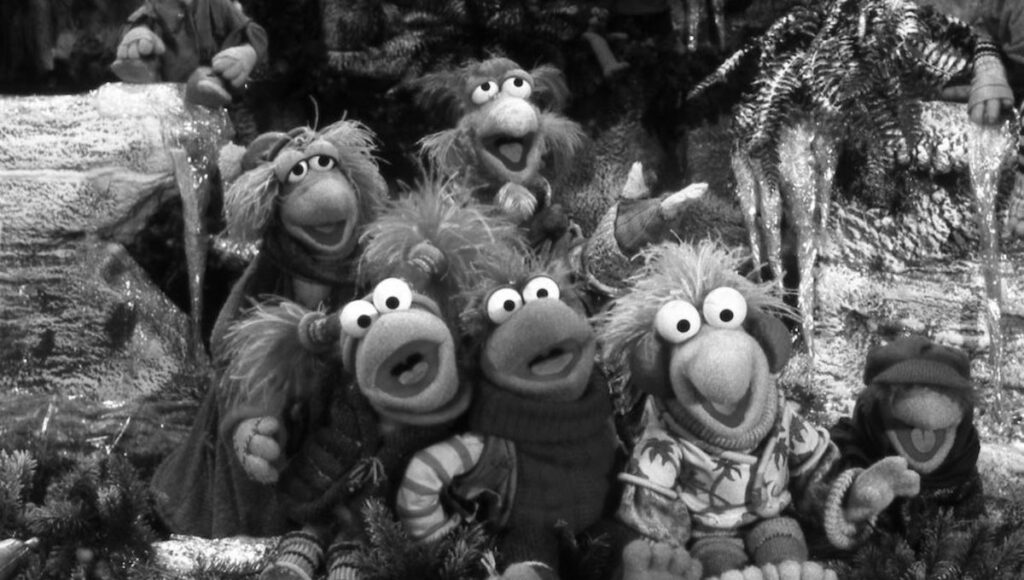
My favorite fact about Fraggle Rock is that one character was designed to be the most like Jim Henson of all of the Muppets. We typically think of Kermit the Frog as being Jim’s “alter ego”, but Henson and most of the other puppeteers in the Henson company argued that Kermit and Jim only shared certain traits. If Jim had an “alter ego” Muppet, it was Cantus Fraggle. Brought to life by Jim, Cantus was the leader of a group of wandering minstrels. Cantus played music and brought magic and beauty with him, and when he spoke, he spoke in a Socratic manner of asking questions which would resolve into greater answers. His rhetorical style proved to the person he was speaking to that they knew more then they had originally imagined. This was Jim Henson’s alter ego. Wandering casually into the world with a simple mission of epic proportions – “to change the world” – and giving us just enough information to begin to ask the big questions. And at the heart of it all, one simple notion: “Love and respect everyone and everything, and the world will be a much better place.”

